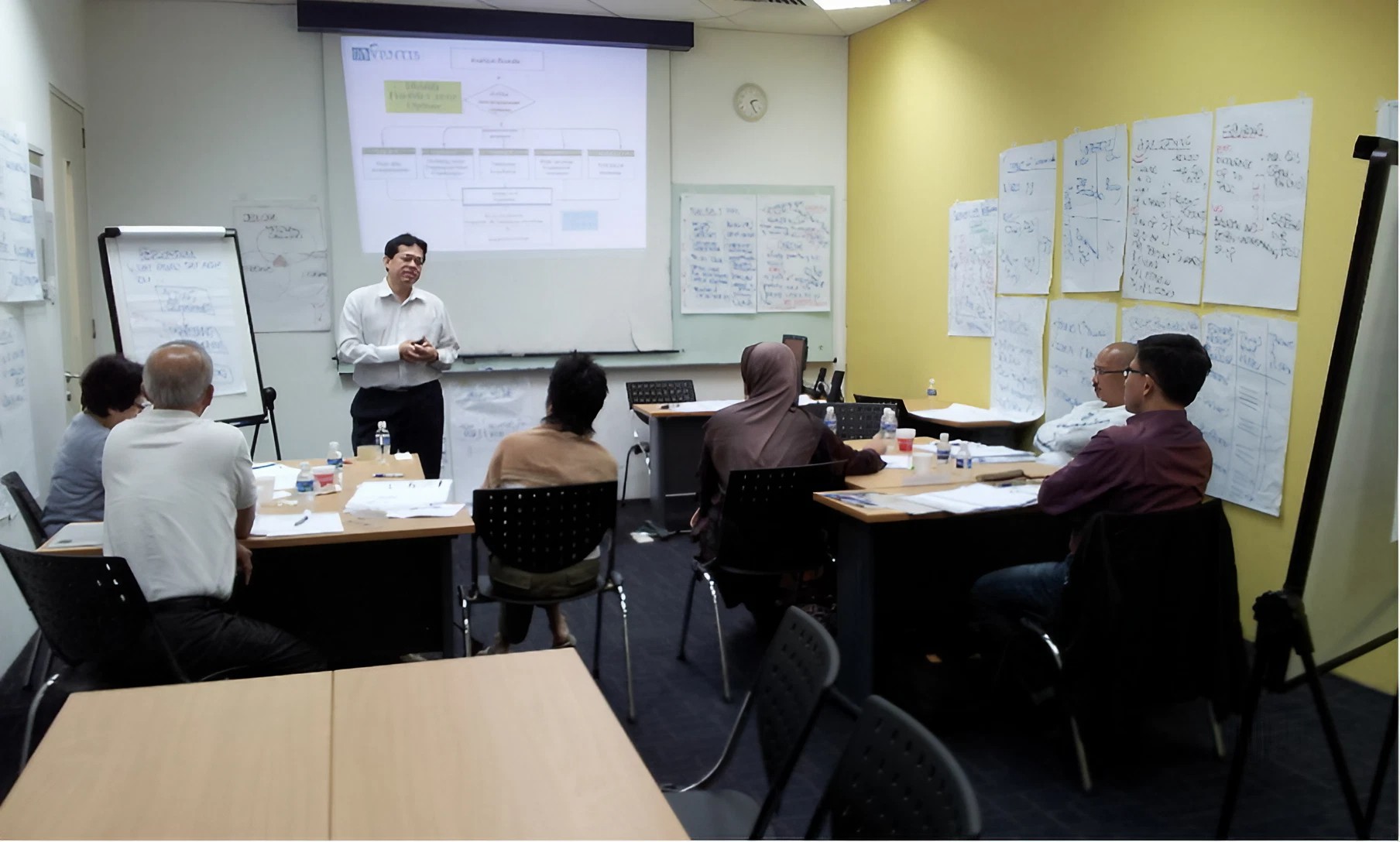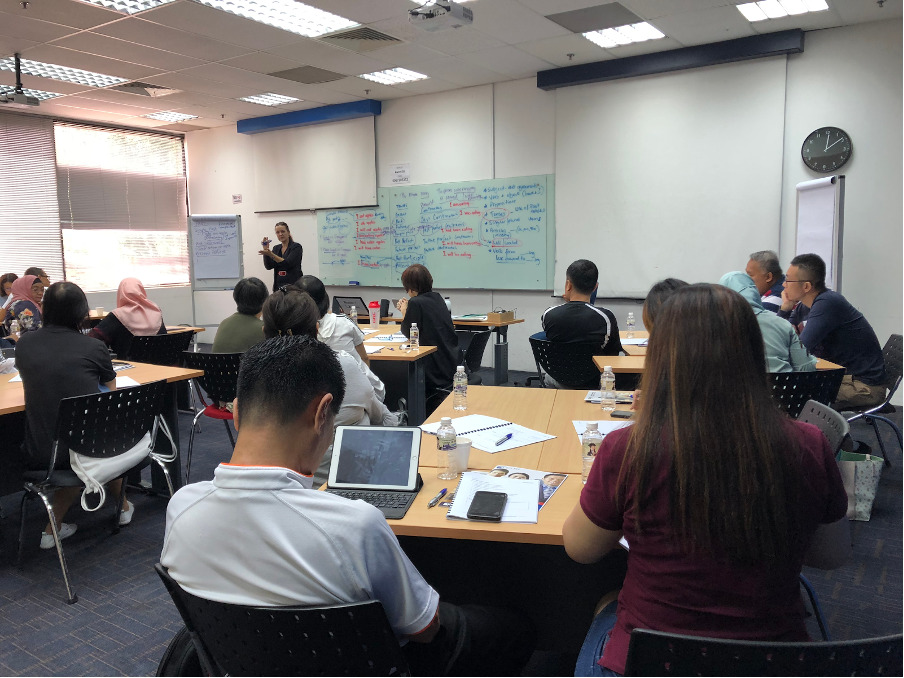As Singapore embraces the digital revolution and positions itself as a global technology hub, the importance of AI ethics cannot be overstated. In this blog post, we will explore why learning AI ethics is crucial for individuals, businesses, and society as a whole in Singapore.
Understanding AI Ethics: A Key to Responsible AI Adoption in Singapore
This article will provide an overview of AI ethics, highlighting the significance of responsible AI adoption in Singapore. It will discuss the potential risks associated with AI systems and the need to establish ethical guidelines to ensure their proper development and deployment.
What is Artificial Intelligence Ethic?
AI Ethics, is a field that addresses the ethical concerns and challenges around AI technology. The main goal of AI ethics is the responsible development and usage of AI systems, while considering all possible implications.
As AI technology increasingly spreads to every aspect of our society, the role of AI ethics becomes central to responsible development and usage.
AI can be used to greatly improve efficiency, enhance decision making, and automate processes—yet it's also the catalyst for countless new laws that will need to be made. With the expansion of AI into a multitude of industries, organisations must adhere to stringent data protection and privacy regulations, while also staying on top of the evolving legal landscape surrounding AI.
Whether you're a senior executive in charge of decision-making, an engineer handling personal data, or anyone else with professional responsibilities, understanding AI ethics is indispensable. In this article, we delve into the intricacies of AI ethics and how you and your organisation can greatly benefit from a comprehensive understanding of these crucial issues.
Key Takeaways From This Article
What Makes an Ethical AI?

The question of how to make ethical AI is being debated by various companies. High-profile companies such as Google, IBM, and Microsoft have established their own AI ethics principles, and international organisations like the European Commission have also released guidelines for trustworthy AI.
Singapore, like many countries, is coming up with its own set of rules and regulations for AI usage. The Personal Data Protection Commission (PDPC) has developed and released numerous guidelines on our local definition of ethical AI.
The guiding principle that the PDPC follows is that AI can be made ethical if it is:
AI ethics can be highly complicated, but these are the main factors that the government has determined to make AI ethical. There are also numerous other factors to consider, such as the need for human supervision, governing structures, and clear communication with the user.
Why Does AI Ethics Matter to You and Your Organisation?

AI systems, while unlocking immense potential, also introduce a series of ethical challenges. These ethical standards ensure that AI models are developed responsibly, thereby minimising the risk of unintended consequences arising from their use. These ethical rules can impact your organisation by:
Addressing ethical concerns in AI involves a multi-disciplinary approach. The data scientists responsible for writing your AI code will will need to be educated in ethics and often need to attend specialised courses, to ensure that they consider the potential implications of their work throughout the entire process.
Determining these ethics can often be difficult, so it's important to have a guideline to follow, such as the Model AI Governance Framework. Being attentive to the ethical dimensions of AI is essential to minimise the risks, and pursuing education is highly important if you intend on involving yourself in the field.
The Ethical Issues Caused By AI

As AI systems become more integrated into daily life, various ethical concerns arise. Some of them are physical, such as the dilemma of self-driving cars deciding whose safety matters more. Others are societal concerns, where the impact of AI could have rippling consequences on our livelihoods.
Here are some common issues that are likely to impact the average person as the technology evolves:
Addressing Bias: Tackling Algorithmic Discrimination in Singapore"
Bias in AI algorithms is a pressing concern that can perpetuate discrimination and inequality. This article will discuss the importance of addressing bias in Singapore's AI systems, emphasizing the need for diversity, inclusivity, and fairness in the development and deployment of AI technologies across various domains.
Navigating the ethical landscape of AI can be complex, but Aventis Learning Group’s 2 Day Professional Certification in AI Ethics & Governance course can provide you with the necessary tools and understanding. Our two-day workshop will guide you through the principles of AI ethics, familiarise you with best practices, and teach you how to implement these ethical guidelines and manage potential risks of deploying AI in your industry.
AI Education and Awareness: Fostering a Culture of Ethical AI in Singapore

Highlighting the significance of AI education and awareness, this blog post will discuss initiatives, programs, and resources available in Singapore to promote ethical AI practices. It will emphasize the need for continuous learning, knowledge sharing, and collaboration among stakeholders to build a culture of ethical AI in Singapore.
In order to help entrepreneurs and industry leaders achieve this, we're hosting a Professional certification ArtificiaI Intelligence Ethics & Governance in Action. Through our 2-day workshop, you'll get a better understanding of the best practices in AI ethics and compliance, and receive a professional certification at the end of your learning journey.
Conclusion
As Singapore continues its journey towards becoming a smart nation, understanding and implementing AI ethics is of paramount importance. By prioritizing ethical considerations, individuals, businesses, and society as a whole can harness the transformative power of AI while ensuring that its benefits are realized responsibly and equitably.
AI is growing more and more influential. By acknowledging and addressing the challenges it brings, businesses can leverage AI in a responsible manner that lines up with the Model AI Governance Framework. This knowledge can enhance stakeholder confidence in your AI capabilities and establish your commitment to the best practices established in Singapore.
In addition, eligible Singaporean & PR applicants can have their courses subsidised by up to 70%! To find out more, check out our course page, and learn more about other subsidised IBF-Funded courses here. Your strategic investment in learning today will ensure that your organisation remains at the forefront of the AI revolution, ethically, responsibly, and beneficially.
Find out more today, Visit www.aventislearning.com

